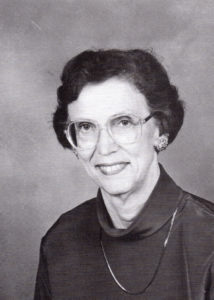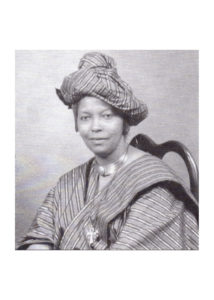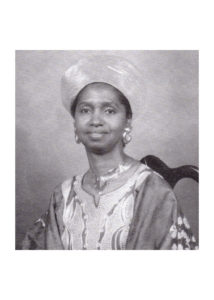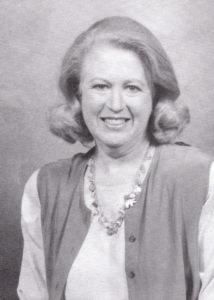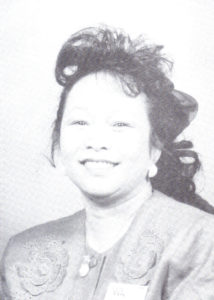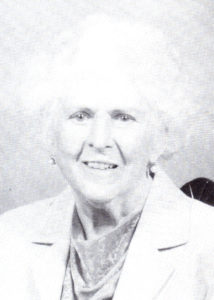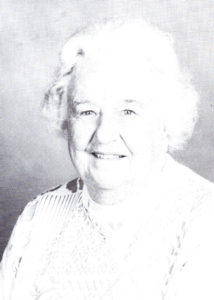Women of Achievement
1990
HERITAGE
for a woman whose achievements still enrich our lives:
Suffragists of Shelby County
In 1920, Tennessee was the 36th and final state to ratify the 19th Amendment. As the nation celebrated the 70th anniversary of the passage of the 19th Amendment to the U.S. Constitution, which granted to women the right to vote, Women of Achievement honored the contributions of the Suffragists of Shelby County.
Several women played important roles, yet we only have records on a few. Elizabeth Avery Meriwether published The Tablet, in which she campaigned for the enfranchisement of women. This Memphian was the national president of the American Women Suffrage Association, succeeding Elizabeth Cady Stanton. Elizabeth Meriwether traveled around the nation to speak for women’s rights and suffrage. But she began her efforts on behalf of women in Memphis. In 1876, she rented the Memphis Theatre to talk about “American Law as it relates to Women,” and documented how the laws treated women as the property of men.
Elizabeth Lisle Saxon was appointed to the presidency of the Tennessee Equal Suffrage Association and she traveled to the state for the cause. She spent much of her time in Memphis, writing and speaking on women’s causes. She combined her work on suffrage and temperance. Working with her was Lide Meriwether, Elizabeth’s sister-in-law. After raising her own family, Lide championed many causes related to women (temperance and anti-vice causes). She even took prostitutes into her home and trained them for other occupations. In the 1880s and 1890s, her attention was devoted to getting women the vote. As president of the Tennessee Equal Suffrage Association, Lide organized petition drives and even traveled to Washington to testify before Congress.
The fight for women’s right to vote was not limited to white women. Women of color were also involved in this struggle. Mary Church Terrell was born in Memphis in 1863. In addition to her many accomplishments in Washington D.C., Mary was a national leader working on the advancement of women and African Americans. She was an active member in the National American Woman Suffrage Association. She spoke at national conventions and kept Susan B. Anthony, Jane Addams, and her other white sisters abreast of the specific problems of colored women.
Ida B. Wells, honored as a Woman of Achievement in 1987, was not quiet on this issue. She was an ardent and dedicated suffragette.
The work of these early pioneers was continued by younger women who joined at critical moments. One such woman was Charl Ormond Williams. Known primarily as an educator, she served as Shelby County superintendent of schools for eight years and was the National Educational Association’s official representative in Washington. Charl was also a politician. In 1920, she served as the vice chairperson of the Democratic National Committee. In Nashville, she led the combined forces to a victory in lobbying the state of Tennessee to ratify the 19th Amendment.
The Meriwethers, Saxon, Terrell, Wells, Williams, and their nameless sisters made an important contribution which the women of Shelby County and the nation must acknowledge and use wisely.


